Cycling for Love... and a Cure
By Jill Cousis
In 2010, Elliott Davis and Judy Kahan lost their spouses, and a couple of years later, both decided they would try getting back in the dating game. They put their profiles on a dating website, and then, one memorable day, Elliott recalls coming across a photo of Judy on her bicycle, dressed in her cycling attire, and he was intrigued – even though he didn’t even own a bike at the time.
Lee Sisselsky (front row, second from right) with some of his riding friends at the 2014 Tour de Cure including (front row, left to right) Judy Kahan, Elliott Davis, Roxane Abelow and her husband Stuart Dropkin, Lee’s wife Sharon Sisselsky, and Steve Wolf.
“I’m athletic and I do a lot of sports,” says Elliott, a 73-year-old retired accountant and former Jewish Pavilion Senior Services Board chair who grew up in Montreal. “Her picture showed that she participates in some sort of exercise, and I thought that would be a good way for us to do something together. She also had a pretty smile!”
Elliott had no idea at the time that Judy and bicycle riding would become such a big part of his life. They started dating – and riding together – in late 2012 and “the rest is history,” says Elliott. He married Judy on February 15, 2015.
In Tandem for Life
“Now I’m a committed rider,” says Elliott. “I ride three or four times a week. We do long rides; we do short rides. We ride together all the time. It’s a passion for me.”
And the couple’s passion for cycling is equally matched by their passion to help others. Elliott and Judy are among several members of Central Florida’s Jewish community who have become regular participants and fundraisers in the Tour de Cure, an annual event in which cyclists ride between 10 and 100 miles to raise money for the American Diabetes Association and its fight to end diabetes. Orlando resident Andy Reiff, featured in the Summer 2023 issue of J Life, was the third-highest individual fundraiser this year – among about 800 riders – with $24,663.
Elliott Davis, his wife Judy Kahan, and Lee Sisselsky are among the members of Orlando’s Jewish community who raised money for the American Diabetes Association in the 2024 Tour de Cure bike race this spring.
Elliott and Judy both rode 50 miles at this year’s Tour, which started and ended at Lake Nona on March 24. Previously, Elliott has done 63-mile and 75-mile Tour de Cure rides.
“It’s a great way to do what we love doing and at the same time help others,” says Judy, 67, the original founder of Jewish Pavilion Senior Services who lives with Elliott in the Longwood/Wekiva area. “It’s long and arduous. But it doesn’t kill us!”
Judy did her first Tour de Cure in 2012, and Elliott joined her the following year for the 2013 event. Both have participated together every year since then. They were motivated to ride for the worthy cause by their friend Lee Sisselsky, a Sweetwater resident whose wife Sharon was diagnosed with diabetes in 2006.
Unlike Elliott, Lee grew up cycling in upstate New York, but gave it up when he moved to Florida in 1994 because he couldn’t tolerate the heat.
“I became a total sedentary blob,” says Lee, 68, who retired from Lockheed Martin in 2015.
She’s the Reason Why
After her diagnosis, Sharon told Lee they needed to become more active and then suggested they get a couple of new bicycles. Lee was surprised at how quickly he got back into cycling shape, and after just a few rides, he was doing 50 miles on a regular basis. He did his first charity ride – 100 miles for multiple sclerosis – in 2007. It was at that ride that Lee first found out about the Tour de Cure, and he and Sharon signed up for it in 2008.
Lee has done every Tour de Cure since then, riding between 50 and 100 miles. For a few years he was captain of a Lockheed Martin-sponsored team that had as many as 176 riders and was the event’s top fundraiser with $59,000 in 2014. In 2009, he joined the Tour’s planning committee and now designs and marks the event’s routes.
“I will say, the Tour de Cure is one of those rare fundraisers that not only benefits the people we’re fundraising for, but it is also a huge benefit for the people who participate,” says Lee. “When you do something like this, you train and start cycling regularly, and it becomes a lifestyle change. The benefits you gain from that are immeasurable.”
This story was originally published in print in Summer 2024.


